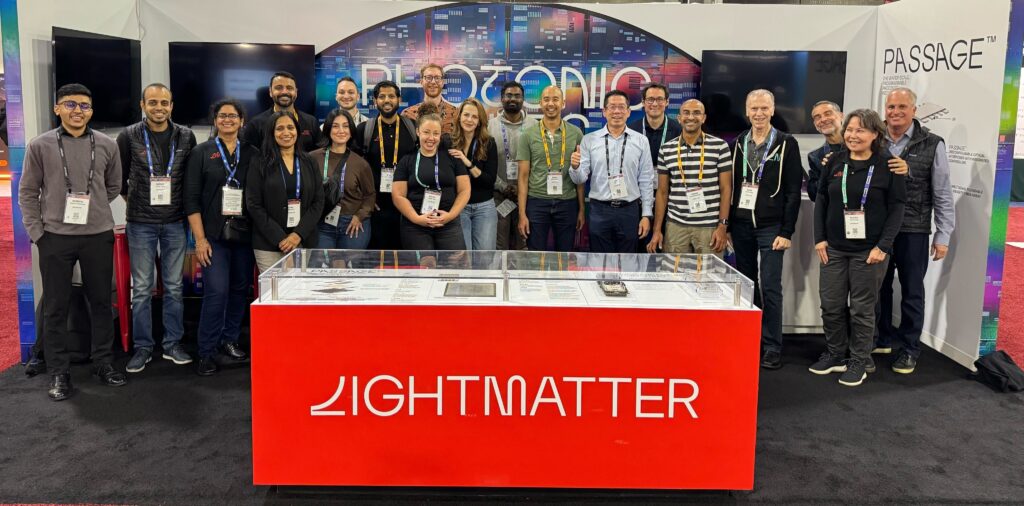Lightmatter, a pioneer in photonics-driven computing, has unveiled groundbreaking new technology aimed at revolutionizing AI chip connectivity. The company’s latest innovations, Passage L200 and M1000, significantly boost AI processing speeds, paving the way for more efficient and scalable machine learning models.

Passage L200: A Breakthrough in AI Networking
The Passage L200 is designed to handle the massive data transfer demands of AI training. Available in 32TB and 64TB configurations, it delivers a staggering 200 terabytes per second (Tbps) of bandwidth. This innovation accelerates AI training speeds by more than 8 times, eliminating traditional bottlenecks associated with electrical interconnects.
M1000: The 3D Photonic Superchip
Lightmatter’s M1000 is an advanced photonics-based interconnect featuring a 3D Photonic Superchip that boasts an impressive 114 Tbps optical bandwidth. This enables seamless communication across thousands of GPUs, making it a game-changer for large-scale AI infrastructures.
Replacing Electrical Links with Optical Fiber
Unlike traditional semiconductor interconnects, Lightmatter leverages optical links to replace conventional electrical connections. The M1000 interposer supports 256 optical fibers, each transmitting at 448 Gbps, allowing high-speed, low-latency data transfers across extensive AI computing networks.
The Future of AI Hardware
With its advanced photonics-driven approach, Lightmatter aims to overcome power limitations and bandwidth constraints faced by existing AI hardware. These innovations not only enhance performance but also reduce energy consumption, making AI computing more sustainable.
As AI models grow increasingly complex, solutions like Passage L200 and M1000 are set to redefine how data flows in large-scale neural networks. Lightmatter’s photonics technology is poised to play a pivotal role in the next era of AI-driven advancements.